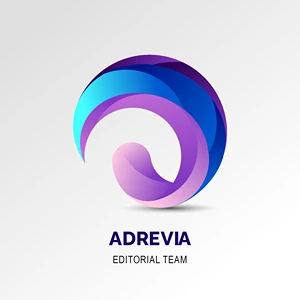What exactly is meant by DeFi?
The abbreviation “DeFi” stands for “decentralised finance,” and it is an umbrella name for peer-to-peer financial services that are conducted on public blockchains, most prominently Ethereum.
Decentralized finance, often known as DeFi, is an umbrella word for financial activities that are conducted on public blockchains, most notably Ethereum. You can perform most of the activities that banks support, such as earn interest, borrow, lend, purchase insurance, trade derivatives, and exchange assets, and more, with DeFi; however, it is far faster, does not need paperwork, and does not involve a third party. DeFi is worldwide, peer-to-peer (meaning directly between two individuals, not routed through a centralised system), anonymous, and available to everybody. This is similar to the characteristics of crypto in general.
Why is the use of DeFi so important?
Expanding on the fundamental concept behind Bitcoin, which is the concept of digital currency, DeFi aims to create an entirely new digital alternative to Wall Street that is devoid of all the charges often connected with such an alternative (think office towers, trading floors, banker salaries). This has the potential to build financial markets that are more open, free, and fair, and that are available to anybody who has an internet connection.
Which advantages does it have?
-
Open: You don’t need to apply for anything or “open” an account in order to use this service. Creating a wallet is all that is required to gain access.
-
Pseudonymous: You are not required to enter any personal information, like your name, email address, or any other information about yourself.
**No Permissions Required: **You don’t need to obtain permission to shift your assets, and you won’t have to wait for lengthy transfers to complete or pay exorbitant costs. This platform is highly flexible.
Quick: Both interest rates and prizes are sometimes subject to real-time updates (sometimes as frequently as once every 15 seconds), and they may be much greater than those offered by traditional Wall Street.
Everyone participating is able to view the complete list of transactions, making the system transparent (private corporations rarely grant that kind of transparency)
How does it work?
Users interact with DeFi most frequently through pieces of software known as dapps (short for “decentralised applications”), the vast majority of which are presently implemented on Ethereum’s blockchain. There is no need to fill out an application or start an account like there would be with a traditional bank.
Currently, individuals interact with DeFi in a variety of different ways, including the following:
-
Lending: If you lend out your cryptocurrency, you may earn interest and prizes every minute as opposed to only once per month.
-
Getting a loan: You can get a loan instantaneously without having to fill out any paperwork, and you can even get “flash loans,” which are incredibly short-term loans that traditional financial institutions do not give.
-
Trading: You may engage in peer-to-peer transactions of specific crypto assets, much as if you were able to buy and sell stocks without the intervention of any form of brokerage.
Investing in your future by putting part of your cryptocurrency holdings into alternative savings accounts where you may earn higher interest rates than you would normally receive from a bank is a great way to prepare for the inevitable financial challenges that lie ahead.
When you buy derivatives, you may either go long or short on particular assets. Consider them to be the stock options and futures contracts of the cryptocurrency world.
What are some of the negative aspects?
-
Due to the variable speeds at which transactions are processed on the Ethereum blockchain, aggressive trading can quickly become costly.
-
Your investment might see considerable volatility depending on which dapps you use and how you use them. This is, after all, new technology.
-
For tax purposes, you are responsible for keeping your own records. Regulations are subject to change from one location to another.
 ADREVIA
ADREVIA










Adrevia Editor Team
A team of editors and writers who are passionate about writing and editing articles. The team is mainly responsible for creating engaging articles for our users and providing more information on how businesses can be improved with writing.